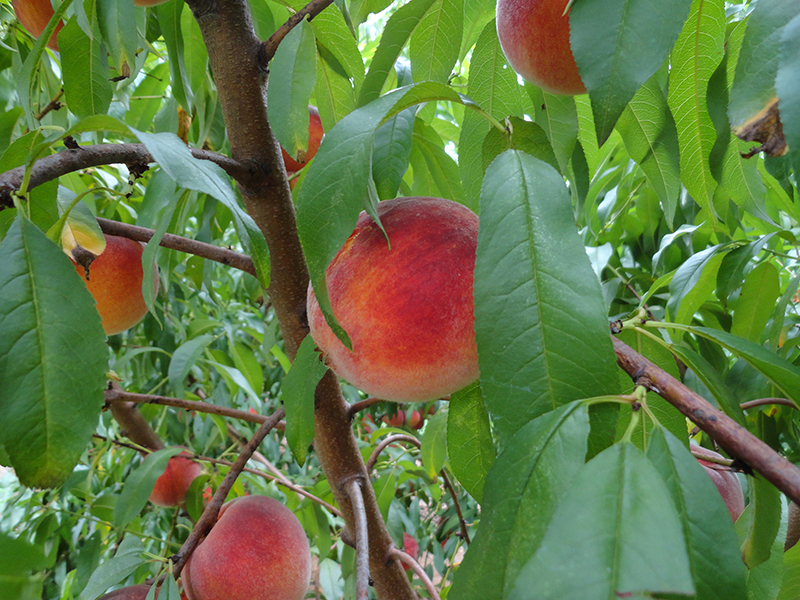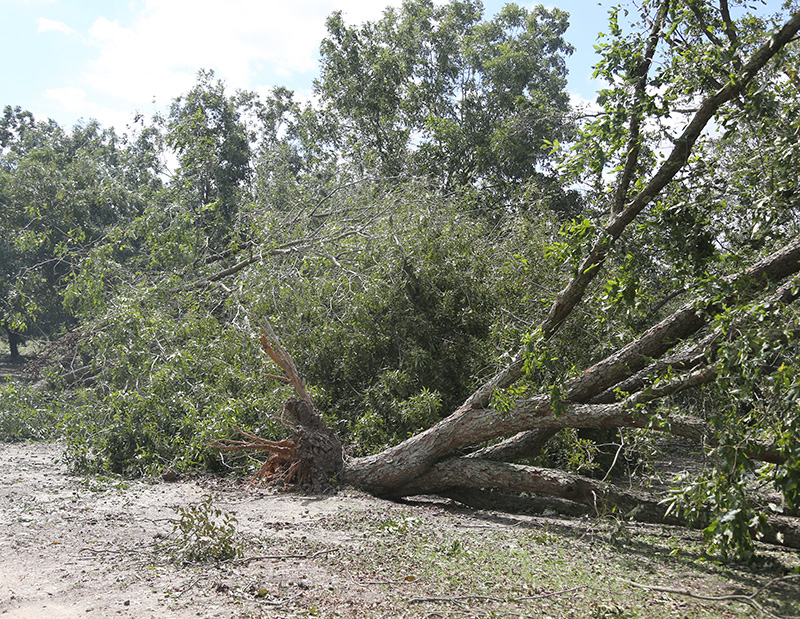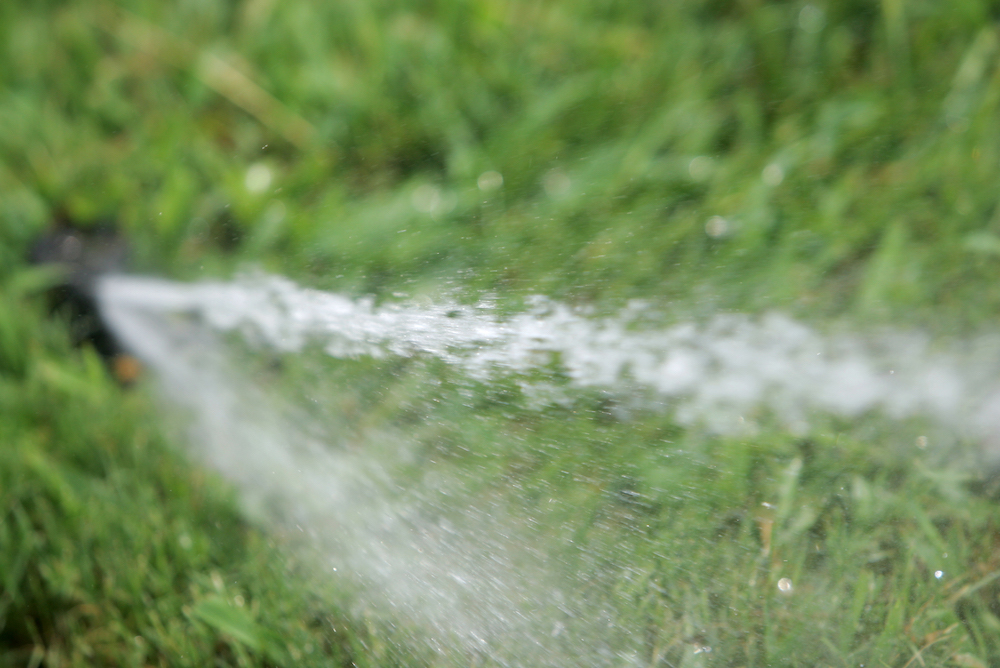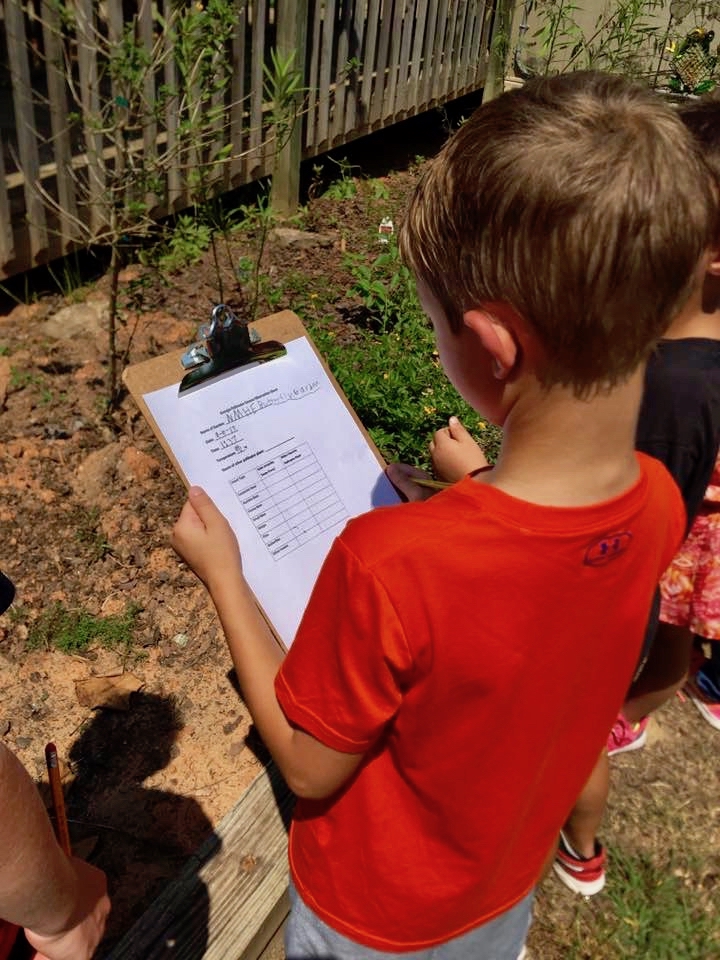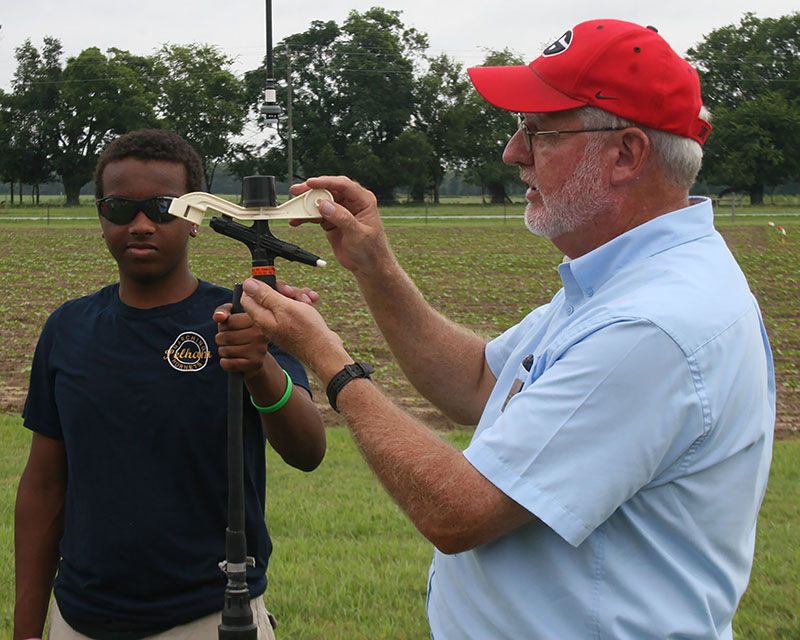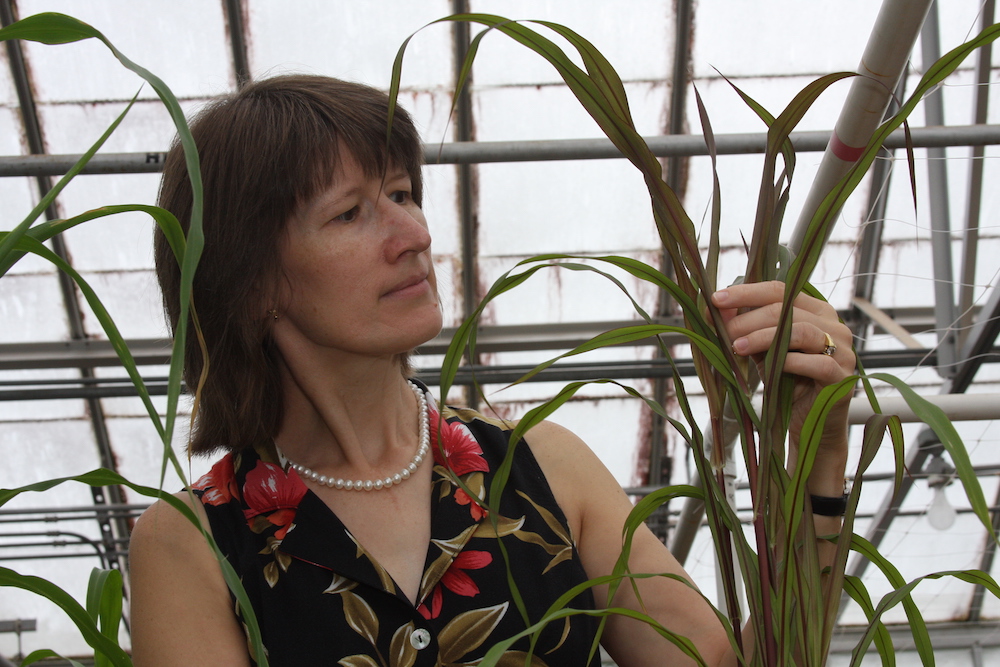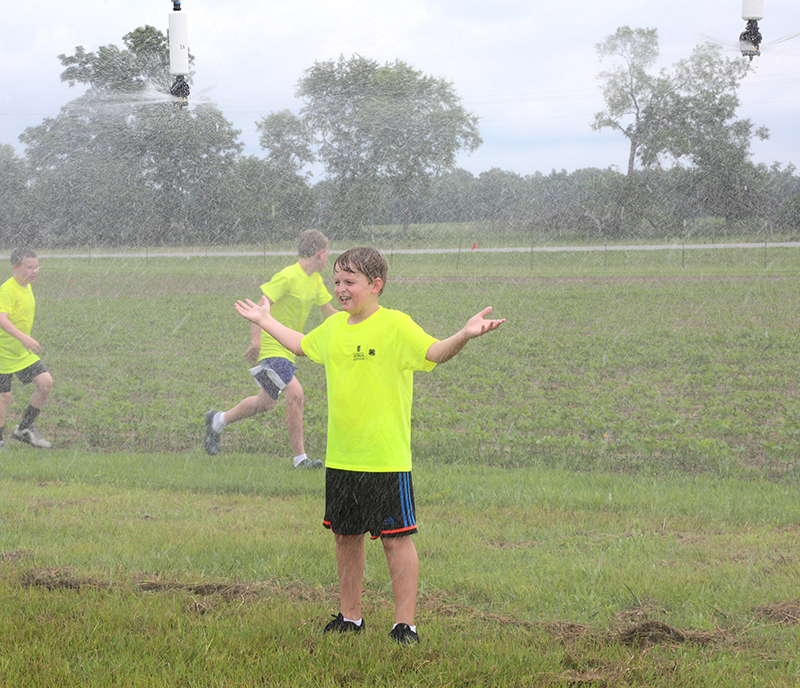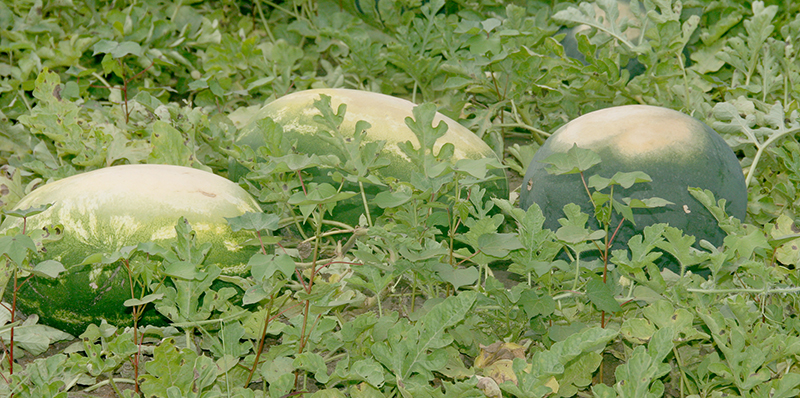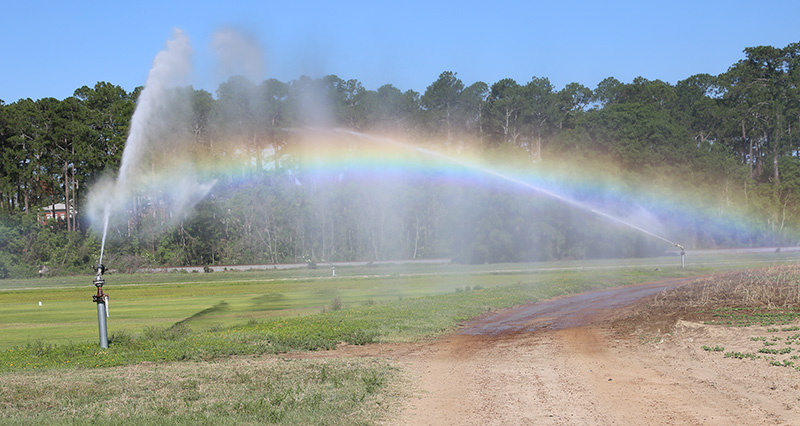 CAES News
CAES News
Corn Irrigation
During a summer when Georgia corn farmers have relied heavily on their irrigation systems working effectively, many struggled with equipment malfunctions that may have reduced crop yields. University of Georgia Cooperative Extension irrigation specialist Wes Porter believes that those problems can be avoided in the future if producers make necessary modifications after the growing season.

